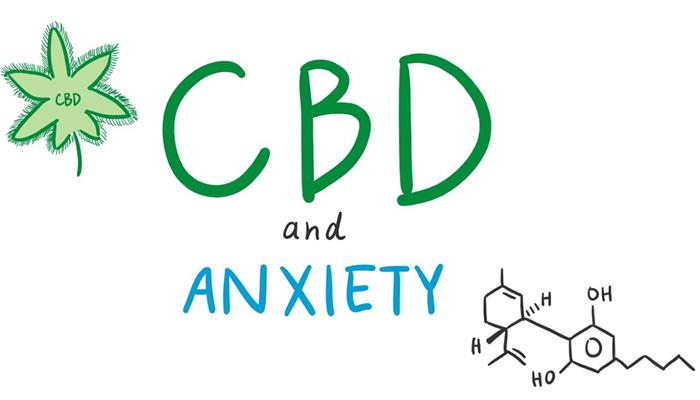Are you feeling anxious from schoolwork? Using hemp-derived CBD may help. We explain the difference between CBD derived from hemp versus marijuana, how effective the hemp-derived variant treats anxiety, and how you can incorporate CBD into your wellness routine.Disclaimer! This video does not substitute medical advice, and further research should be done before the participation in any CBD or THC products. Please consult your health professional to learn and understand what may work best for you. If you want to learn more in depth about what long-term research is currently being done surrounding recreational CBD use, the science behind how CBD can be effective, or it’s efficacy; please follow the links below.This video was made by McMaster students; Vanessa D’Ambrosio, Jia Hui Du, and Jennifer Dang in collaboration with the McMaster Demystifying Medicine Program.#DemystifyingMedicine, #MentalHealthCopyright McMaster University 2021
o Cannabidiol (CBD) — what we know and what we don’t (Harvard University Health):
https://www.health.harvard.edu/blog/cannabidiol-cbd-what-we-know-and-what-we-dont-2018082414476 o Dosage, Efficacy and Safety of Cannabidiol Administration in Adults: A Systematic Review of Human Trials (Journal of Clinical Medicine Research):
https://www.ncbi.nlm.nih.gov/pmc/articles/PMC7092763/ o What Research Says about CBD oil (Northwestern Medicine):
https://www.nm.org/healthbeat/medical-advances/science-and-research/what-research-says-about-cbd-oil o Using CBD Oil for Anxiety: Does It Work? (HealthLine):
https://www.healthline.com/health/cbd-for-anxiety#what-research-says o Cannabidiol as a Potential Treatment for Anxiety Disorders (Journal of Neurotherapeutics) :
https://www.ncbi.nlm.nih.gov/pmc/articles/PMC4604171/ o Effects of Hemp Extract on Markers of Wellness, Stress Resilience, Recovery and Clinical Biomarkers of Safety in Overweight, But Otherwise Healthy Subjects (Journal of Dietary Supplements) RESEARCH REFERRED TO IN VIDEO:
https://www.tandfonline.com/doi/pdf/10.1080/19390211.2020.1765941?casa_token=pq5tlLJ6HrAAAAAA:pAqNEe88AH_Tyx6WlGZ5EzoWxfkfsC8Wc7n80hY7ccb4WDQ7gVWhlkAiHlUC2UWeuVIE











